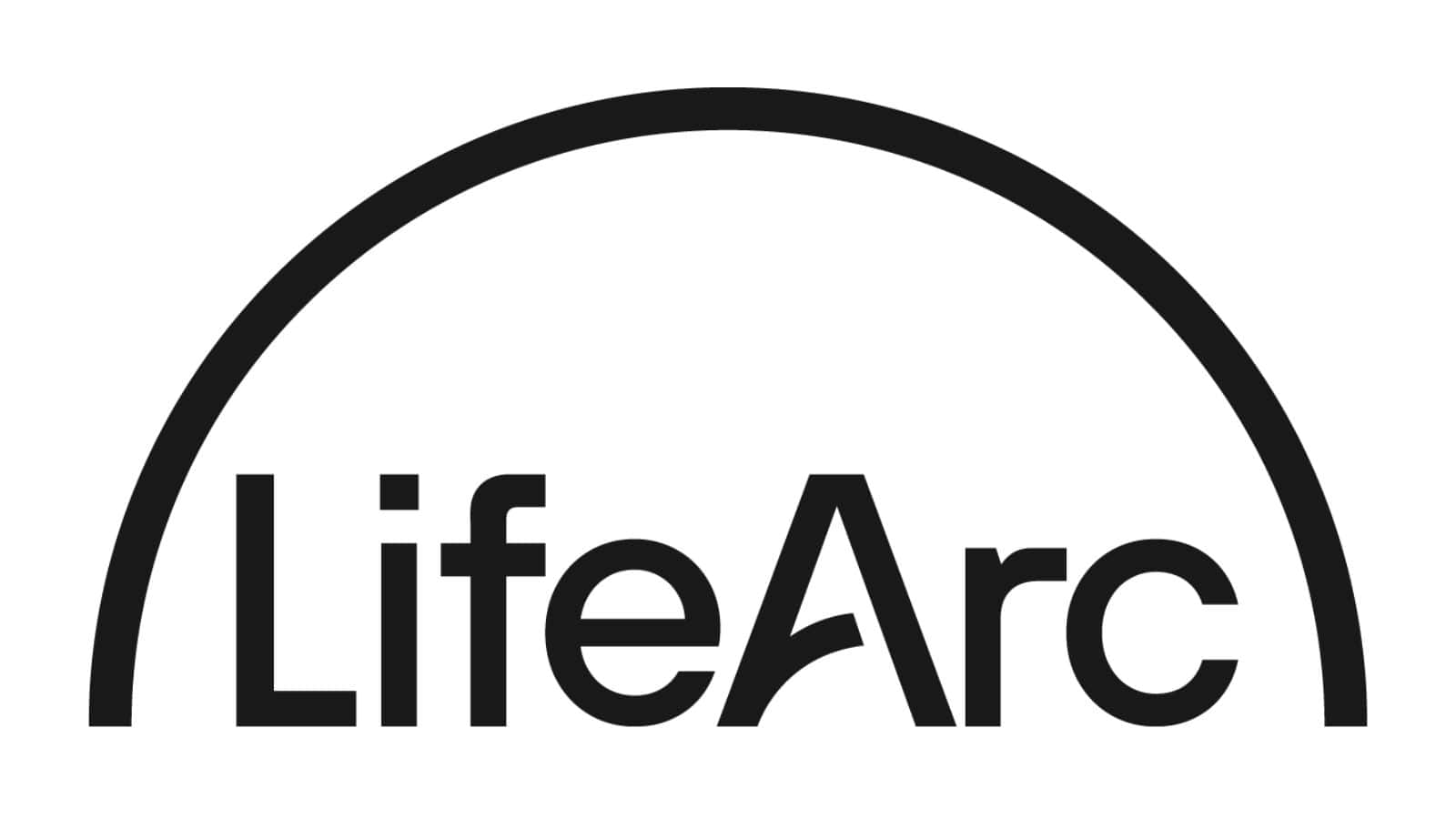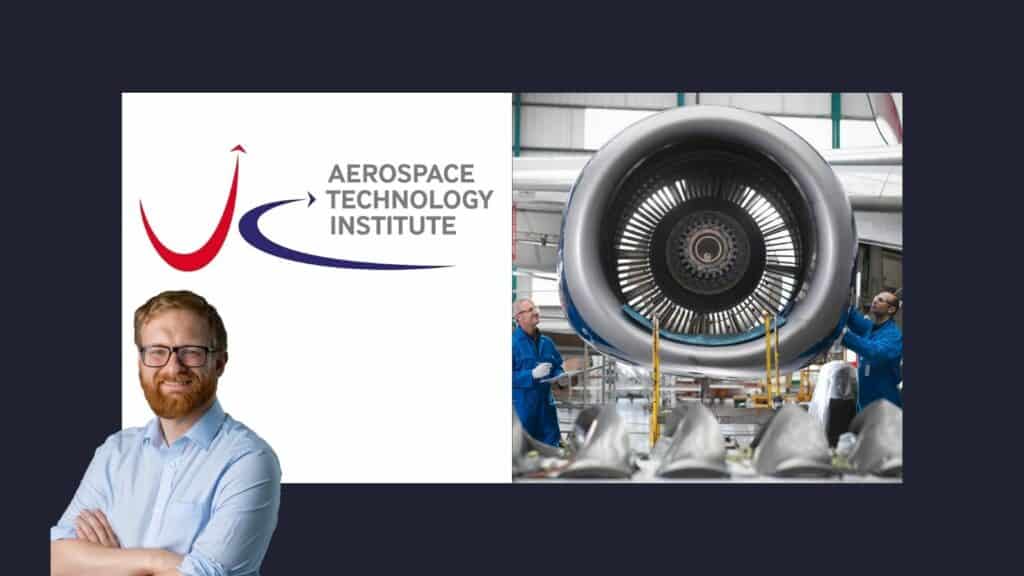You might be an academic, work for a charity, or something else – but it’s almost guaranteed that if you work in health R&D, in some way, at some point, private funding helps your work reach patients.
Business is everyone’s business
09 May 2024
The UK spends about £10 billion a year on health-relevant R&D and half of that comes from business. If you care about health research, you should care about business investment.

Joseph Ewing
Head of Policy and Public Affairs, LifeArc
Joseph Ewing is Head of Policy and Public Affairs at LifeArc, the sponsors of CaSE’s work looking at the needs of business R&D in the UK. In this piece he sets out why the project is needed, and why we should all care about business investment in R&D.

That’s why LifeArc are sponsoring CaSE’s work looking at the needs of business R&D in the UK. LifeArc straddles academia (with our labs in Stevenage and Edinburgh), the charity sector (with our philanthropic funding and advice) and industry (with our LifeArc Ventures team of investors). We need every part of the life science ecosystem to succeed – and we’re keen to understand how to attract more money into that system from the biggest funders of health-relevant R&D – business.
‘Business’ is a broad church. In the life sciences, it ranges from the small- and medium-sized enterprises (SMEs) that pick up promising ideas from academia and do extensive periods of risky R&D to prove the concept; to the big pharmaceutical companies that may buy-out those SMEs and take their assets through clinical trials and to patients.
There’s no one thing that all these businesses need – but there is already evidence that the fundamentals of the system aren’t working as they should – which in turn makes the UK environment for investment less attractive at all stages.
At LifeArc we see every day how decisions in government affect the attractiveness of the UK as a place to invest, whether that’s the generosity of the R&D tax credit scheme; the capacity of regulators to move as quickly as innovators; the ability of universities, academics and investors to work together to spin out companies; or the pipeline of academics who have been exposed to the basics of commercialisation.
This work by CaSE is an exploration of both these macro and micro questions. It’s a fantastic chance to engage with the idea of business investment in UK R&D and I encourage you to engage – even if you wouldn’t usually consider yourself as an expert in this space.
At the end of the day, the UK R&D ecosystem is interdependent: we all need each other. In the report we’ll explore how to help businesses play their role and I hope you’ll agree, that’s your business too.
About LifeArc
LifeArc is a self-funded, non-profit medical research organisation. We take research ideas out of the lab and help turn them into medical breakthroughs that can be life-changing for patients. We have been doing this for more than 25 years and our work has resulted in five licensed medicines, including cancer drug Keytruda, and a diagnostic for antibiotic resistance.
We focus on translation – advancing lab-based scientific discoveries so they can be developed into the next generation of diagnostics, treatments and cures. We create networks of partners to tackle specific disease areas; create new funds to invest in life sciences innovation; and share our unique understanding of what it takes to advance early-stage life sciences, so that it can benefit patients and the life science ecosystem.
LifeArc is committed to spending £1.3 billion by 2030 in areas of high unmet medical need.

Explore our work looking at the needs of UK business R&D
Read moreRelated articles

Dr Christoph Hartmann is Medical Director, MSD in the UK, a CaSE member. In this piece he sets out he would like to see form the new government to support UK life sciences and innovation.

Will Lord is Head of Government Relations at the Aerospace Technology Institute (ATI). In this piece, he sets out the strengths and successes of the UK aerospace sector, as well as the advantages of business-government collaboration.

Tamsin Mann, Director of Policy & Communications at PraxisAuril, on the importance of understanding and unlocking the full potential of knowledge exchange.

Sarah Slaven, Interim Managing Director of Business Durham and the North East Technology Park, on what makes a successful science park.